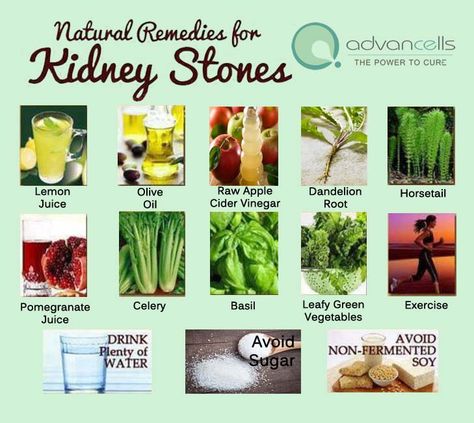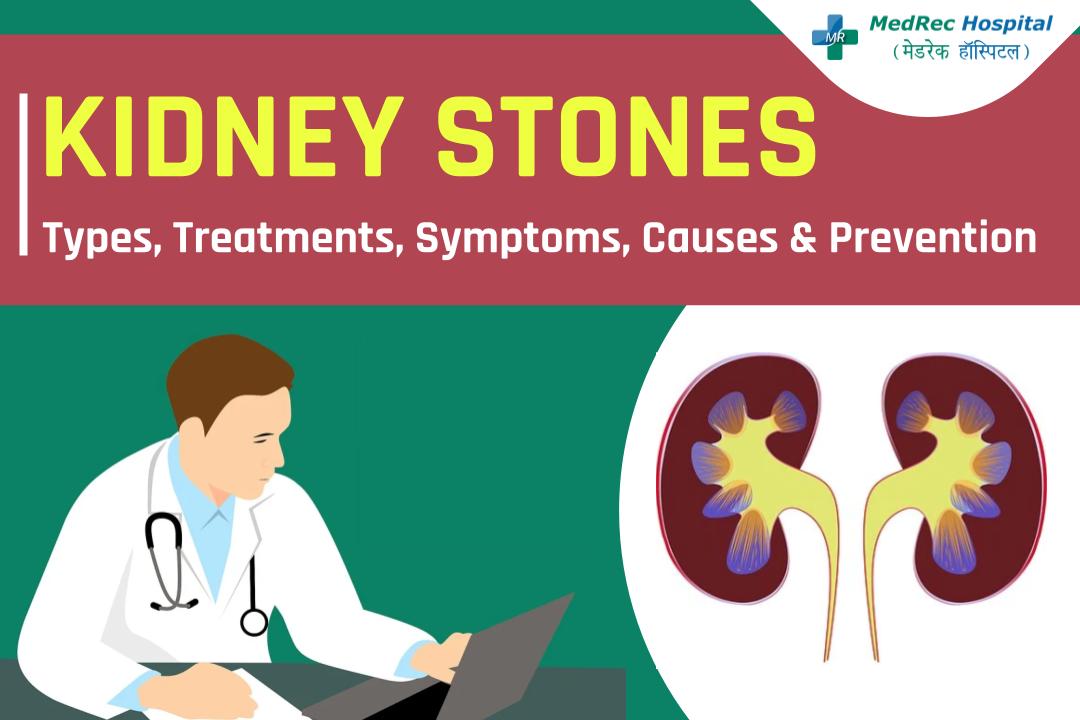
There are several symptoms of kidney stones, including nausea, painful urination, and the need to urinate frequently. These symptoms, combined with a physical exam and imaging tests, can help determine the underlying cause. However, if the symptoms persist or you develop other health problems, you should see a doctor to discuss your treatment options. Here are a few of the most common causes and treatments for kidney stones. The treatment for kidney stones is generally similar for both adults and children.
The most common cause of kidney stones is calcium and phosphorus. Drinking tea or coffee can cause them, but drinking fruit juices can lower your risk. Citrus, grapefruit, and cranberry juices are known to reduce the risk of developing stone formation. Salt can also lead to stone formation. Avoid keeping a saltshaker near the table if you are suffering from a kidney condition, and choose low- or no-salt processed foods over high-salt ones. Carbonated drinks contain phosphoric acid, which can cause stones. Luckily, mineral water does not contain phosphoric acid, so it is safe to drink.
People with kidney stones are more likely to develop kidney stones if they have a diet high in protein, sodium, or animal proteins. Taking a diet rich in calcium and potassium can help prevent or reduce the risk of kidney stone formation. Excess weight and insulin resistance can also contribute to the development of kidney stones. In addition, a person’s hormones can cause an increase in calcium in the urine, leading to the development of kidney stones.
In addition to avoiding these foods, kidney stones are more common in men than in women, and the incidence of stones increases with age. It reaches its peak at around age 60. If you have a family history of kidney stones, it is best to consult your doctor immediately. If the symptoms persist, you should seek medical attention immediately. A physician can diagnose and treat the condition if necessary. Your physician can prescribe a treatment plan based on your specific symptoms and your family history.
Treatment for kidney stones is dependent on the size and location of the stone and its location. Blood tests and urine tests may be required. If the stone is causing pain or swelling in the kidneys, a physician can perform an MRI to determine its exact location. If the stone is caused by a medical problem, you may need surgery. Other treatments include a diet rich in calcium and magnesium, and lifestyle changes. Regardless of its cause, treatment for kidney stones depends on the overall health of your kidneys and your age.

A doctor will perform a physical exam to determine the cause of your kidney stones. They may recommend medicines to break up the stone. The most common medication is tamsulosin, which relaxes the ureter and helps it pass. Other treatments include anti-nausea medications and surgery, which may be necessary if the stone has a chance of infecting your body. Depending on the size of the stone, treatment will depend on whether the stone is large or small.
Most stones will pass through your system on their own, but some may need surgery. Some can be dissolved in the body and are harmless. Others, however, can be dangerous and require medical treatment. A physician should perform a physical examination to rule out a condition. If kidney stones are the cause of your symptoms, consult your doctor immediately. If you have a stone, your health care provider will determine the proper treatment for you. Depending on the size, your doctor may suggest medications to break the stone up.
There are several types of kidney stones. The little ones usually pass out on their own. While large ones will require surgery, small stones are usually painful and need to be removed on your own. Depending on the size and location of the stone, treatment may not be needed if the stone goes away on its own. The doctor may prescribe pain medication to relieve the pain. A physical examination is the first step in the treatment of kidney stones. The health website healthproductsworlwide.com/ can recommend a course of treatment with natural and effective remedies.
One of the best treatments for kidney stones is surgery. Surgical procedures may be needed if the stone is large. The doctor will need to inject general anesthesia to perform the procedure, which includes a half-inch incision and a rigid telescope to break the stone into smaller pieces. Depending on its size, several operations may be required to remove the stone. Despite the risks of surgery, the procedure can be effective in removing the stone.
